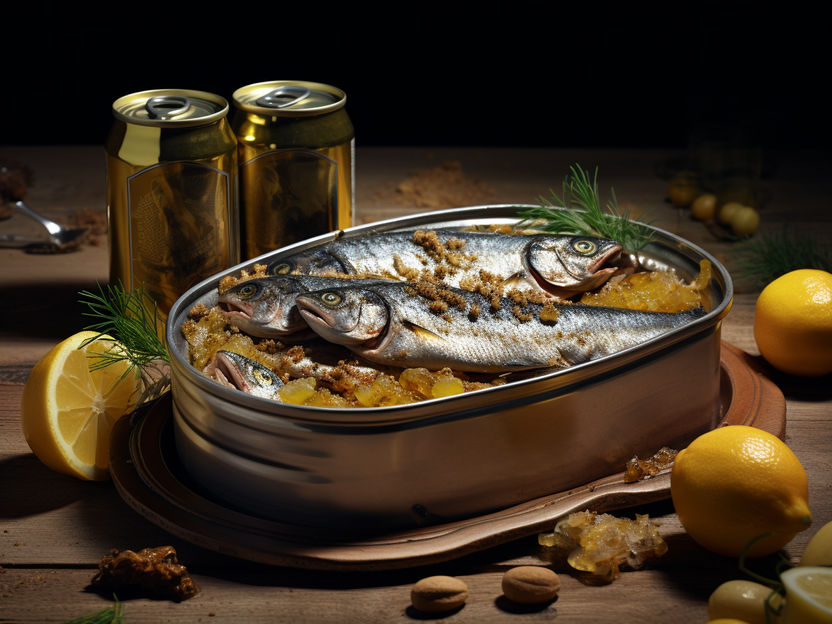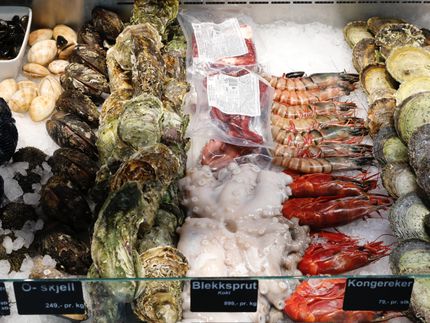High prices dampen fish consumption
The significant rise in prices is curbing German consumers' appetite for fish and seafood. In the first nine months of the year, they spent 3.7 billion euros in food retail, an increase of 4.3 percent, according to the Fish Information Center (FIZ) in Hamburg on Wednesday. However, the quantity purchased shrank by 5.5 percent compared to the previous year.

Symbol image
computer generated picture
According to the data, an average of 12.13 euros was spent on a kilogram of fish products in the period from January to September, 10.3 percent more than a year ago. According to FIZ, the reduced purchase quantities are reflected in all product groups. In particular, there was a significant reduction in purchases of canned fish (minus 9.1 percent), smoked fish (minus 8.8 percent) and fresh fish (minus 7.1 percent).
FIZ had given little hope of falling prices when presenting its half-year figures in the summer. Although international logistics costs were no longer rising as sharply, personnel costs were climbing due to the shortage of skilled workers, it said. In addition, most fish is traded in dollars and the weakness of the euro alone accounted for 25 percent of price increases in 2022. The marketing organization of the German fishing industry did not comment on individual fish species.
Meanwhile, the environmental organization WWF criticized the fact that shrimp fishing on the German, Dutch and Danish North Sea coasts had once again been awarded the MSC label, which is supposed to certify sustainable fishing. "This has been met with criticism from the WWF, as crab fishing on its current scale is not compatible with the protection of the Wadden Sea National Parks and it produces too much bycatch of juvenile fish and invertebrates." The MSC's credibility is undermined by the fact that no higher standards are set for its certifications when fishing takes place in marine protected areas. "Of course, crab fishing belongs to the North Sea, but it can and must be carried out in a more environmentally friendly way and not everywhere," said WWF Wadden Sea expert Hans-Ulrich Rösner./kf/DP/men (dpa)
Note: This article has been translated using a computer system without human intervention. LUMITOS offers these automatic translations to present a wider range of current news. Since this article has been translated with automatic translation, it is possible that it contains errors in vocabulary, syntax or grammar. The original article in German can be found here.
Most read news
Other news from the department business & finance

Get the food & beverage industry in your inbox
By submitting this form you agree that LUMITOS AG will send you the newsletter(s) selected above by email. Your data will not be passed on to third parties. Your data will be stored and processed in accordance with our data protection regulations. LUMITOS may contact you by email for the purpose of advertising or market and opinion surveys. You can revoke your consent at any time without giving reasons to LUMITOS AG, Ernst-Augustin-Str. 2, 12489 Berlin, Germany or by e-mail at revoke@lumitos.com with effect for the future. In addition, each email contains a link to unsubscribe from the corresponding newsletter.




























































